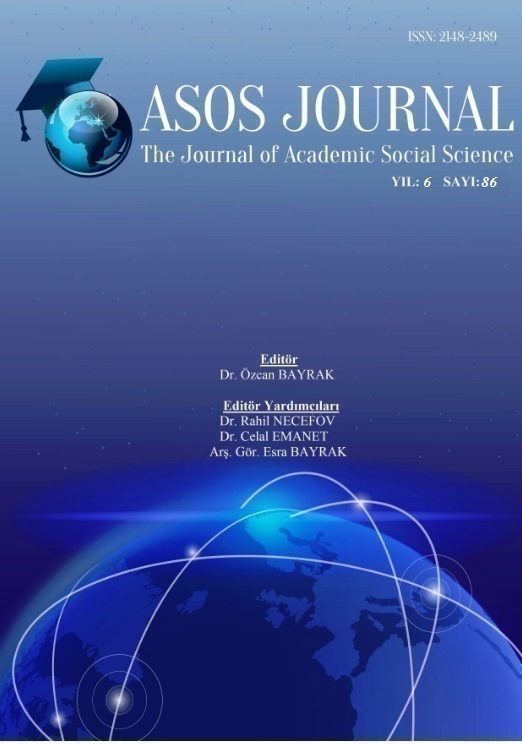Author :
Abstract
İran dış politikasının temel ilkeleri, anayasasında belirtilmiş olup, tam bağımsızlığı, kaynakların ülkenin refahı için kullanılması ve mazlum uluslara yardım etmeyi esas almaktadır. Ayrıca Müslüman halkların savunulması ve rejim ihracı da İran'ın temel dış politika hedefleri arasındadır. Mazlum uluslara yardım etme ve Müslüman halkların savunulması ilkelerinin samimiyeti ve uygulanmışlığı tartışmalı olsa da, İran'ın bağımsızlığının koruması ve rejim ihracı politikalarının istikrarlı bir şekilde sürdürüldüğü görülmektedir. Devrim öncesinde Batı ülkeleriyle yakın bir ilişkisi olan İran, aynı zamanda Orta Doğu'nun en güçlü ordusuna sahipti. Ancak devrimden kısa süre sonra başlayan İran-Irak Savaşı, ülkenin kaynaklarını tüketmesine sebep olmuştur. Savaş sonrasında daha mutedil bir dış politika yürüten İran, bozulan dış ilişkilerini düzeltmeyi ve savaşın sebep olduğu tahribatın etkilerini silmeyi öncelik haline getirmiştir. İran, bu dönemdeki yumuşak söylemine karşın devrim ihracı politikasından vazgeçmemiş ve komşuları nazarında güvensizliğe sebep olmuştur. ABD'nin Irak işgali sonrasında, Şiilerin, Irak'ın başat siyasi aktörü haline gelmesi, İran'a önemli bir hareket alanı açarken, diğer bölge ülkelerini rahatsız etmiştir. Günümüzde İran'ın temel dış politika gündemini, nükleer enerji sorunu ve kendi dışındaki Şiiler üzerinden etki alanını genişletme gayretleri oluşturmaktadır.
Keywords
Abstract
The fundamental principles of Iran’s foreign policy are laid down in its constitution and are based on full independence, the use of resources for the country’s wealth and helping oppressed nations. Defending Muslim peoples and exporting the regime are also among Iran’s main foreign policy goals. Although the sincerity and implementation of the principles of helping oppressed nations and defending Muslim peoples are questionable, it is seen that Iran continues its policies of preservation of independence and exporting the regime consistently. Iran which used to have a close relationship with the Western countries before the revolution had also the most powerful army in the Middle East. However, the Iran-Iraq War that started shortly after the revolution caused the depletion of the country’s resources. Adopting a more moderate foreign policy after the war, Iran gave priority to restore its deteriorating foreign relations and erase the effects of the destruction caused by the war. Despite its soft discourse in this period, Iran did not give up its policy of exporting the revolution, and caused insecurity in the eyes of its neighbours. The fact that Shiites became the dominant political actor in Iraq after the U.S. invasion of Iraq provided Iran with considerable room for manoeuvre while disturbing other countries in the region. Today, Iran’s main foreign policy agenda consists of the nuclear energy issue and its efforts to spread influence over Shiites in other countries.
